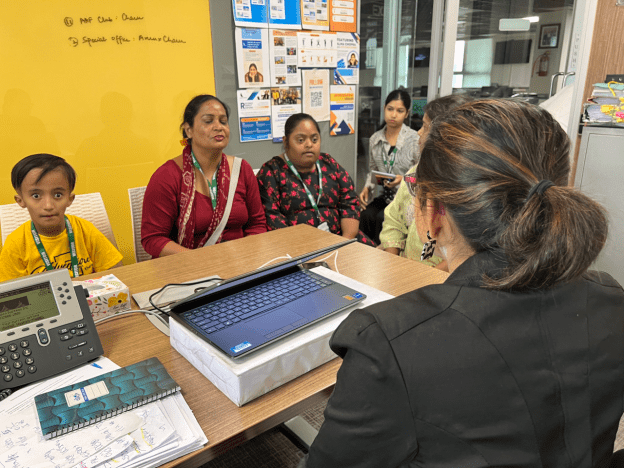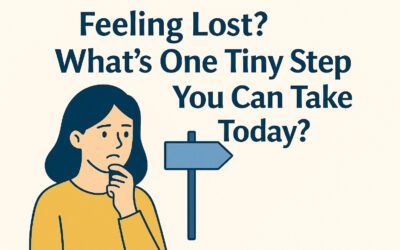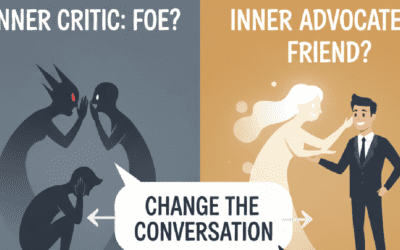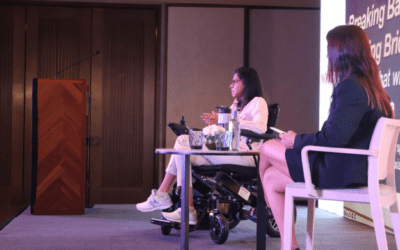Keynote Speaker in Delhi on Why Is Accessibility a Right, Not a Favour for the Differently Abled?

Recently, Alma was travelling by metro for a seminar, and what she saw surprised her. A young differently-abled girl was standing in front of a seat reserved for disabled persons. Alma guessed the girl might have been shy in nature. Otherwise, she would have easily taken the seat. But what surprised her the most was that a young, healthy man was occupying the seat reserved for the differently abled. As a keynote speaker in Delhi, she has always taught her students to show respect towards differently-abled individuals, as they are special.
After a few minutes, the young man vacated the seat for the differently abled girl, pretending to be generous, as if he were doing her a favour. Most people see accessibility as a token of generosity instead of a basic human right. Even in workplaces, disabled people often feel excluded.
Understanding Accessibility Goes Beyond Ramps and Elevators
For most people, accessibility is just about making ramps, elevators, or disabled-friendly infrastructure. These are just physical accessibility. Apart from it, we have digital, emotional, educational, and workplace accessibility. Let’s understand them one by one.
- Digital Accessibility: In digital accessibility, people with disabilities can learn and interact through online platforms, apps, and technology. For example, schools and workplaces should ensure their websites are screen-reader-friendly for blind individuals and offer voice command features for people with limited mobility.
- Emotional Accessibility: Schools, workplaces, and other organisations should create a safe and supportive environment where differently-abled individuals feel respected, valued, and able to work without judgement.
- Educational Accessibility: In educational accessibility, we must ensure that schools, workplaces, and governments provide equal learning opportunities for all, regardless of any physical, sensory, or cognitive differences. Examples include Braille textbooks, extra time for students with learning disabilities, and scholarships for marginalised groups.
- Workplace Accessibility: Here, the workplaces should form policies and infrastructures in such a way that they are completely disability-friendly.
Seeing Accessibility as a Favour Is a Flawed Mindset
It is quite disappointing that we still view accessibility as an “extra effort” rather than a norm. There are two different approaches to understanding accessibility. One is a charity-driven approach, where disability support is seen as an act of kindness, and the other is a rights-based approach, which recognises it as a basic human right and necessity. In the true sense, accessibility is not a favour. It is a matter of right.
Accessibility as a Legal and Human Right
Many international and Indian laws have repeatedly highlighted the importance of accessibility as a right. For example, the UN Convention on the Rights of Persons with Disabilities (UNCRPD) recognises accessibility as a fundamental right. It requires states to ensure accessibility in various aspects of life, including the physical environment, transportation, information, communication, technology, and more.
Similarly, the Indian law, the Rights of Persons with Disabilities Act, 2016, ensures that accessibility not only remains in the law books but is also implemented in practice. These laws were created to promote equality, not pity. As a keynote speaker in Delhi, Alma always reminds her differently-abled fellows not to see accessibility as an act of generosity but as a right they must claim.
Exclusion Begins Where Accessibility Ends
Today, it is evident that accessibility is still largely absent in schools, workplaces, and transportation. People with disabilities continue to suffer greatly. Whether it’s high unemployment rates or inadequate physical and digital accessibility, these challenges have placed a significant mental health strain on disabled individuals.
According to recent government data, nearly two-thirds, about 64%, of people with disabilities in India are unemployed. Many top private firms do not hire them due to cultural attitudes and hesitancy.
The Role of Youth, Educators, and Leaders
If we are to make our society accessible for differently abled people, educators, employers, and young change-makers must come forward and normalise accessibility. Along with them, motivational speakers inspire the youth to build inclusive communities. During her sessions in the corporate world, Alma Chopra talks about formulating policies and fostering a culture that supports differently abled people. Even when she is invited to schools, her message remains the same.
Accessibility Empowers, Not Burdens
Investing in accessibility is like investing in equity. For example, consider a ramp or an elevator at a railway station. Will that ramp only help a disabled person, or will it also be useful for mothers with strollers? Accessibility may be designed for differently abled populations, but it benefits others as well. It is not a burden. It is a boost to diversity, creativity, and participation.
Alma Chopra Stands for Dignity That Doesn’t Need Approval
According to Alma Chopra, self-worth begins with being seen and heard equally. Although there are laws and institutions ensuring accessibility, the results will not be visible unless the youth understand the importance of equity. So, the next time you offer a seat to a disabled person, do not consider it an act of kindness or generosity.
Alma works with her clients to help them recognise their rights and demand equity, not charity. Whenever she is invited by NGOs working for disabled persons, Alma reminds them that they are special and that God has a special affection for differently abled individuals. She encourages them never to hesitate in claiming their rights.
Final Thoughts
Accessibility is not optional. It is not a gift. It is a guarantee of equal participation. Even though international and national laws support accessibility, very little has been implemented on the ground. Many famous keynote speakers in the NCR have spoken about the need for accessible schools, workplaces, and environments where differently abled people can truly thrive. If you are an HR representative or part of the management, ask yourself, do you audit your own environment? Is it truly accessible?
Alma invites like-minded organisations to join her mission of making India an accessible country. Corporate firms can partner with her to create more inclusive workplaces for people with disabilities. Alma is firm in her determination that she will not stop until society becomes equitable for all. Let’s make the world accessible together through our collaborative efforts.






